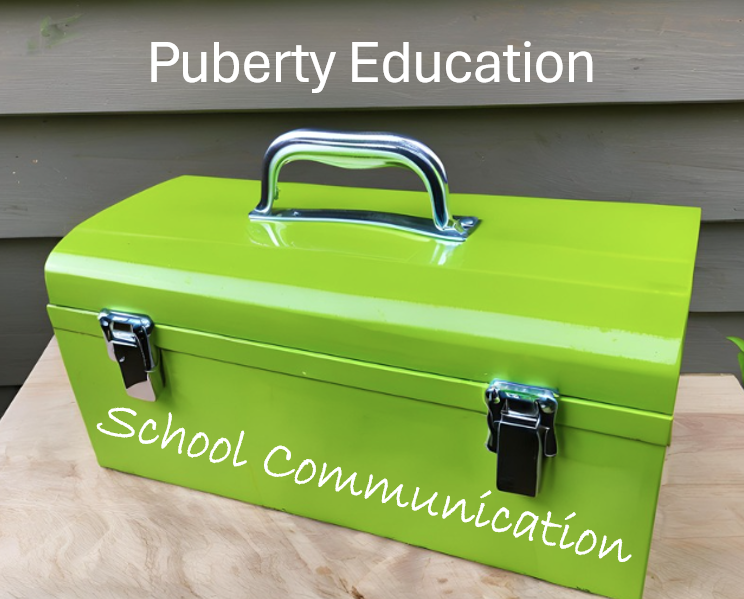Family Engagement 3 is the third in a five-part series. Links to the other segments are below.
Benefits of Family Engagement
So, if sex education can be a controversial topic, why even bother? Why don’t schools just stop teaching sex education to avoid controversy? Why is it important to partner with parents and caregivers when teaching sex ed?
Well, first, sex education is not as controversial as you might think. In fact, most parents (80-93%) support comprehensive, medically accurate, age-appropriate sex education. Parents report that they rely on schools to supplement their home discussions about puberty, relationships, and sexuality. Most parents report wanting more topics taught and more time spent teaching sex education that schools typically do.
Schools continue their commitment to teaching sex education because they know it is best for adolescents to receive instruction that helps them stay safe and healthy during their school years and into adulthood. Although only 30 states and the District of Columbia require sex education in public schools, most schools teach sex education. They do so because sex education promotes healthy relationships, social emotional learning, appreciation of sexual diversity, understanding of gender, and media literacy. It also prevents child sexual abuse and dating and intimate partner violence.
Partnership between schools and parents/caregivers magnifies the benefits of sex education. Parents are the primary source of children’s sex education. Yet, many parents don’t fulfill that role because they lack the knowledge, skills, and/or comfort to teach their children. Home-school partnerships can empower and encourage parents by providing them with tools to feel more competent and comfortable talking about sexuality with their children and adolescents.
When parents engage in sex education at home, the research shows several positive outcomes:
- Parents influence children’s sexual behaviors, including condom use, timing of sexual initiation, and the circumstances of sexual initiation.
- Parental supervision impacts adolescent sexual activities.
- Parents can model open and respectful communication about sex.
- Parents exert substantial influence children’s attitudes, values, and beliefs.
With all the benefits of family engagement related to sex education, schools are wise to forge a strong home-school partnership that will keep children and adolescents safe and healthy.
Be sure to read the next two segments of this series:
- Family Engagement 1: What Parents and Teachers Want
- Family Engagement 2: Common Clash Points
- Family Engagement 3: Benefits of Family Engagement
- Family Engagement 4: Barriers and Facilitators of Family Engagement
- Family Engagement 5: Strategies for Family Engagement
Sources:
- Parents’ views on sex education in schools: How much do Democrats and Republicans agree?
- Survey Finds Parents Favor More Detailed Sex Education
- Engaging Parents in Digital Sexual and Reproductive Health Education
- Parents as Advocates for Comprehensive Sex Education in Schools
- School Health Profiles, 2018
- Three Decades of Research: The Case for Comprehensive Sex Education
- Three Decades of Research: The Case for Comprehensive Sex Education, one-page summary



